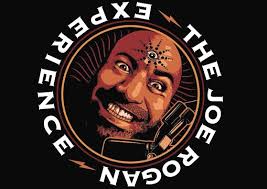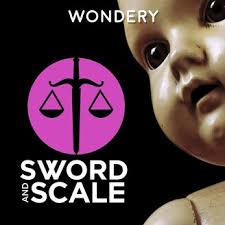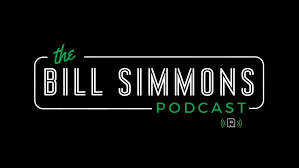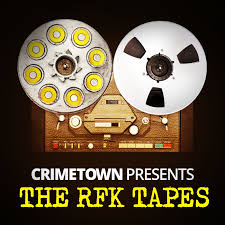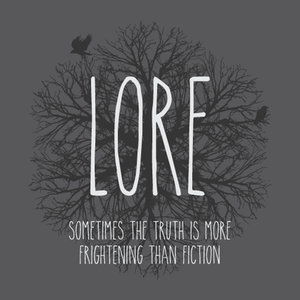Time is Up for 2018
“Time is wasting, time is walking. You ain’t no friend of mine. I don’t know where I’m goin’. I think I’m out of my mind….thinkin’ about time.”
– Hootie and the Blowfish
This year – 2018 – has really been a year. Three jobs. Two homes. One new city and state. But I hesitate to say it’s been my best year, and it’s been far from my worst. In many ways, it’s just been another year. And when a year becomes just another year, following another year, which followed yet another year, time begins to feel different. It begins to feel like it takes away more than it brings. And as it passes, it feels ever shorter, while it takes you farther away from the times you wish never ended. But if those times didn’t end, and time did not take us to where we are today, and where we will be, then we would not grow, we would not advance, we would not evolve. And I choose to look at 2018 as the beginning – only the beginning – of an evolution. In that way, 2018 will always be an important year.
A year ago, I had just moved to downtown Oklahoma City. I was enjoying it there and wasn’t considering any life-altering decisions. Just over two months later I had accepted a job with a major insurance company and was preparing to move to Dallas, Texas, where I now call home. I’ll bet many of you thought that’s where I am today. Not so.
Working in Dallas has been a thrill. I tried four cases as first chair litigation counsel. I won all four. I sat as second chair on a much larger case in June – actually the first trial I had for the insurance company. I had the pleasure of working with an excellent and capable co-counsel. But we lost. The assignment was simply chance. I was new and the company wanted to see me at work before turning me loose on my own cases. It became serendipity.
A week after that trial, I received an email from opposing counsel. He wanted to speak with me, away from work. I met with him and he inquired about me coming to work for him. Because my situation was good – and very new – I told him I didn’t think it could work for me. Three months later, he contacted me again, extended a great offer, and I accepted. I’ve been with my new firm for just over two months. I now commute every day to McKinney, Texas – a GREAT and rapidly developing city – where I work for a dynamic, exciting, and growing firm of Superlawyers who get incredible results unlike I am used to seeing for people who have been injured. And, because of that, I am going to soon be moving (again!) north of Dallas, likely to Plano.
In addition to that, and because of the move to Texas, I have reconnected with two very good friends from college, who have shown me what it means to truly live the Texas lifestyle as a transplant from the north. I got to see, in person, two of the best and most historic OU-Texas games in the rivalry’s storied history, both times with great friends who came to visit and go to the game. I attended two lectures by Dr. Jordan Peterson and had the chance to meet him. I also discovered the perfect exercise that is trail hiking in the early summer mornings at Cedar Ridge Preserve in De Soto. Overall, I’ve been very impressed with everything Dallas has to offer.
At the same time, both Ari and I had our first health issues of any real note, and I of course miss my family back in Oklahoma. From this distance I feel like I’ve missed out on some important things, good and bad, in the lives of friends back in Oklahoma. Some of you got divorced or suffered deaths to people close to you. Others took new jobs, had children, or saw their dreams start to come true. One of you got elected to Congress!
All this is to say that, at the end of 2018, another year has passed and soon another will, then another, again and again, until there are no more years, but only months, then weeks, then days, then nothing at all. I will be 42 in three weeks. That’s the age Elvis was when he died, the year I was born! Time reminds me every day that, as Andy Dufresne said in The Shawshank Redemption, we must “get busy living or get busy dying,” And for that reason, I go into 2019 with no resolutions and not even any clearly defined goals, for the moment at least. My main focus and commitment will be to just not waste time – yours or mine. It’s too valuable. I hope to soon find a more permanent location to live and to build a network of friends, acquaintances, and connections to my new home. I intend to write more, primarily here on this blog, and much less so on Facebook or other social media. For now, I’ll keep those accounts open, but they will consume less of my time, for reasons I will write about soon.
Time is wasting. For all its good and ill – 2018 is gone. Another year. And so I let it go, gone forever and turn my face and attention toward 2019 and the precious present – the only real time that any of us have.
